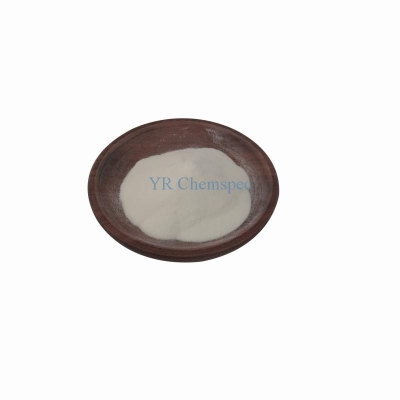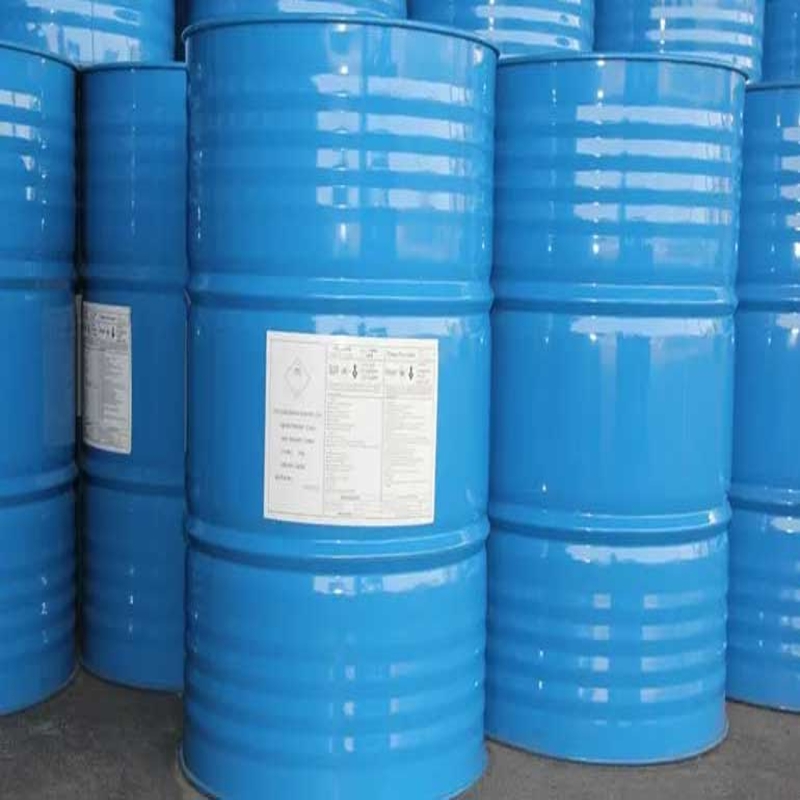-
Categories
-
Pharmaceutical Intermediates
-
Active Pharmaceutical Ingredients
-
Food Additives
- Industrial Coatings
- Agrochemicals
- Dyes and Pigments
- Surfactant
- Flavors and Fragrances
- Chemical Reagents
- Catalyst and Auxiliary
- Natural Products
- Inorganic Chemistry
-
Organic Chemistry
-
Biochemical Engineering
- Analytical Chemistry
-
Cosmetic Ingredient
- Water Treatment Chemical
-
Pharmaceutical Intermediates
Promotion
ECHEMI Mall
Wholesale
Weekly Price
Exhibition
News
-
Trade Service
New hydrogels reduce soil pollution
Researchers at Tomsk Polytechnic University in Russia have developed a polymer hydrogel that acts as a "smart" additive to soil, helping to avoid soil pollution, significantly reduce water consumption and improve fertilizer uptake
by plants.
In order to solve the problem of traditional plant cultivation methods that allow most of the water and fertilizer and other substances to "slip" through the roots of the soil and mix with groundwater and surface water, researchers at Tomsk Polytechnic University in Russia have developed a polymer hydrogel using organic waste from the agricultural and food industries as raw materials, which are mainly composed of polysaccharides and proteins, which can store large amounts of water during rain or irrigation, and then slowly release
them as the soil dries.
The use of this gel in some areas reduces the number of irrigations to once a
week.
This hydrogel can be used to apply fertilizers or other chemicals more efficiently and gently, and the finished gel impregnated with additives can simply be separated around the plant roots, and after a period of time it will "dissolve" in the soil and achieve complete biodegradation
.







